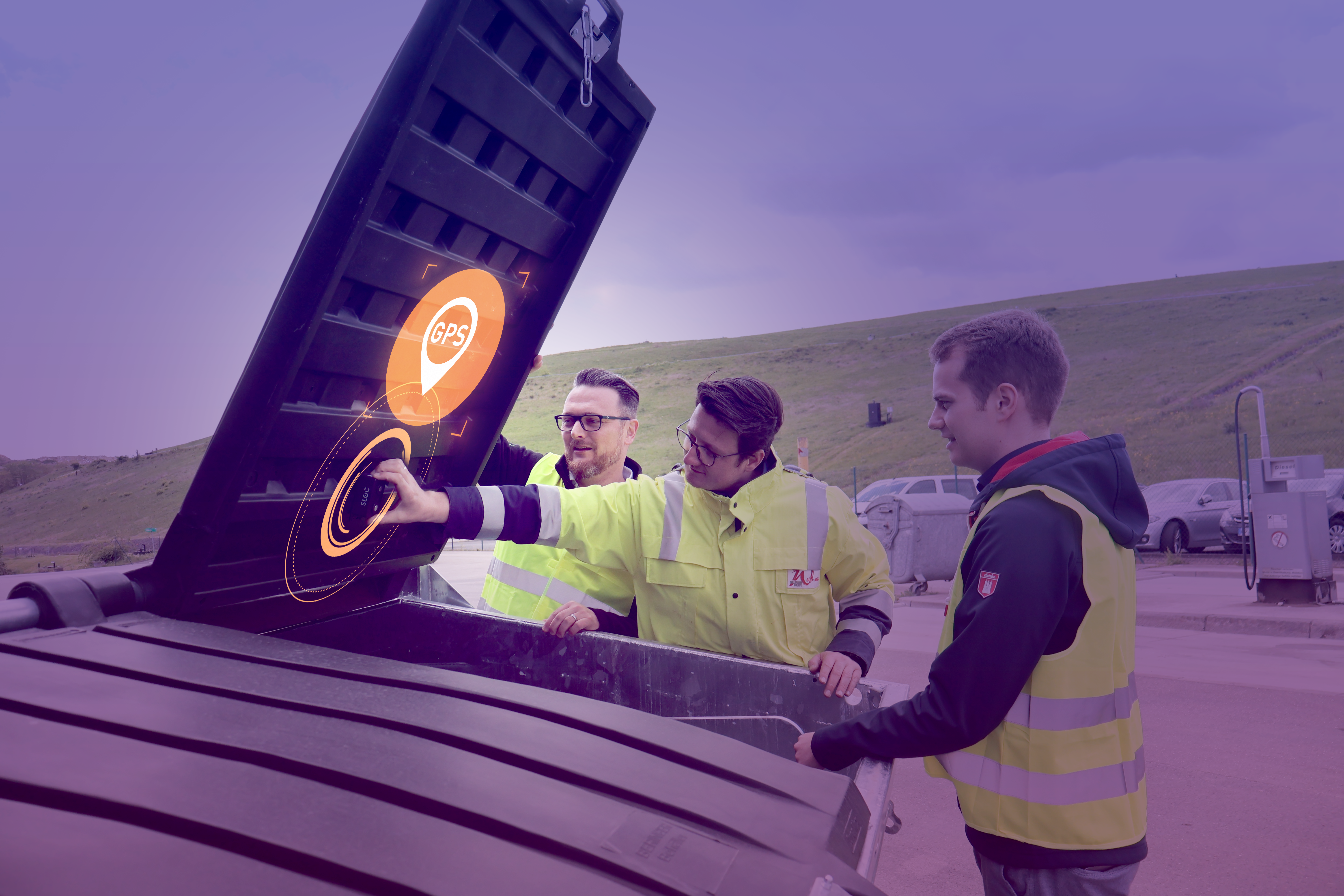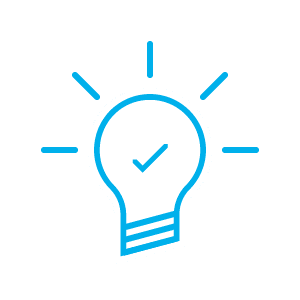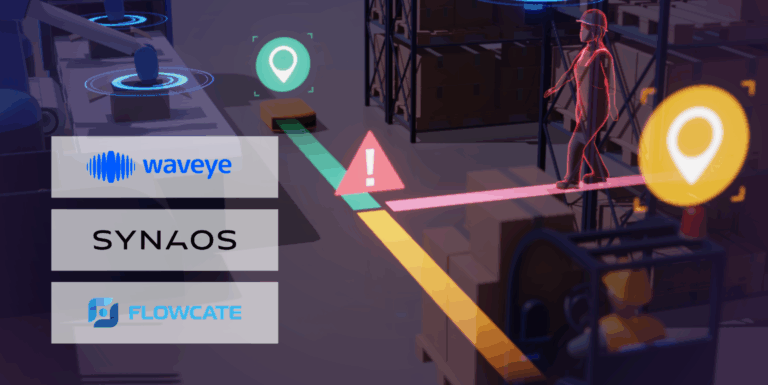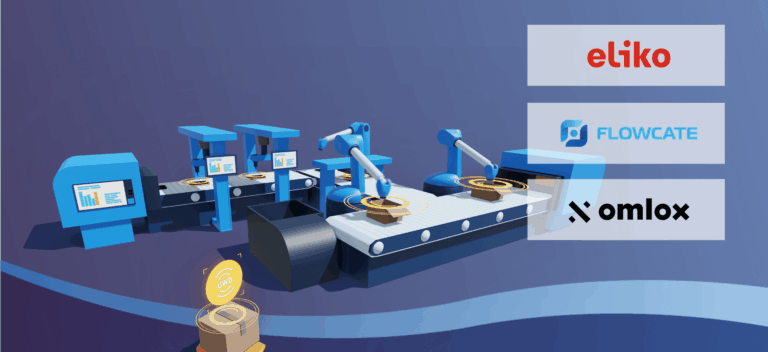
Transforming Waste Management with Location Data: Flowcate and LHIND’s Innovative Solution for WILLERSINN Group
The Client
WILLERSINN Group is a conglomerate of 17 companies specializing in environmental services. With over 600 employees, they leverage more than 30 years of experience in waste transportation, disposal, and recycling.
The group is committed to a customer-centric approach and preserving the environment, focusing on waste management, logistics, pipe rehabilitation, renewable energy, and industrial solutions.
The Challenge
WILLERSINN Group faced complex challenges in their waste management processes. They lacked precise data on container fill levels, leading to suspected suboptimal emptying and operational inefficiencies. Containers were emptied on either a fixed schedule or upon request, contributing to inconsistent operations.
These inefficiencies also increased expenses and wasted time due to poor bin usage and inefficient route planning, resulting in unnecessary truck trips. This not only raised operating costs but also led to increased traffic congestion and CO₂ emissions, which contradicted the company’s environmental commitments. Additionally, a labor shortage exacerbated these issues, causing bottlenecks and further hindering optimal performance.

The Solution
The LEAP platform by Lufthansa Industry Solutions enhances asset management and visibility for the WILLERSINN Group through comprehensive access to both location and sensor data. Its Device Management Service allows customers to effortlessly utilize devices without the burden of administrative tasks. By integrating both current and historical data on location and environmental factors—such as object fill levels and ambient temperatures—WILLERSINN Group was able to obtain actionable insights in real time, enabling them to optimize processes and conduct detailed analytics.
A standout feature of LEAP is its advanced notification system, which delivers alerts based on location and sensor data. This system is crucial for monitoring when objects, like waste bins, enter or exit predefined geofences, and for ensuring that fill levels remain within specified thresholds. For WILLERSINN Group, timely alerts about exceeding fill level thresholds are especially crucial.
At the core of the platform, the DeepHub serves as the essential location engine, offering a broad range of functionalities and ensuring exceptional performance. Its ability to seamlessly integrate with any tracking technology from various vendors makes the system extremely versatile. This state-of-the-art technological integration provides WILLERSINN Group with the necessary tools to effectively streamline their waste management processes, enhancing efficiency and adaptability.

The Results
By merging sensor data with seamless location data, this groundbreaking solution provided significant benefits to the WILLERSIN Group:







